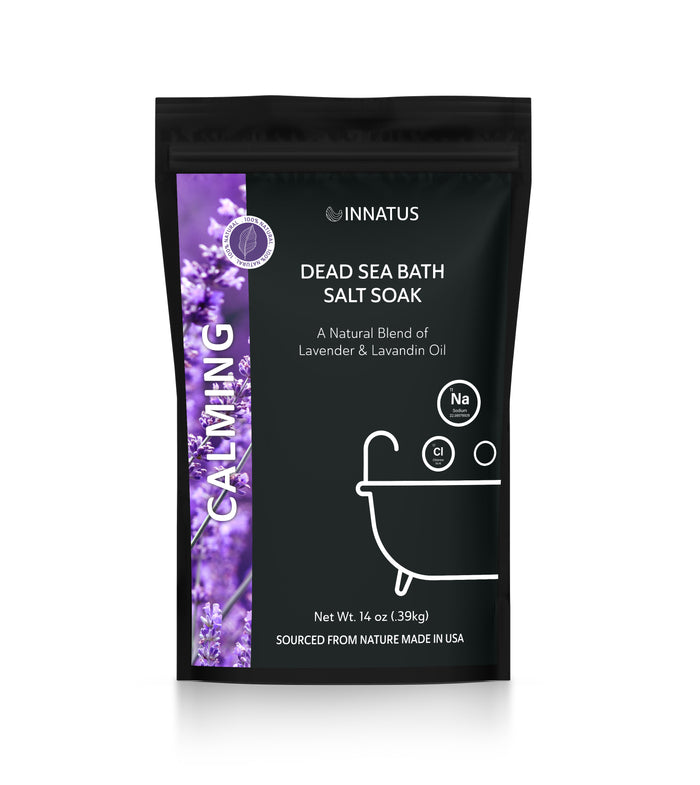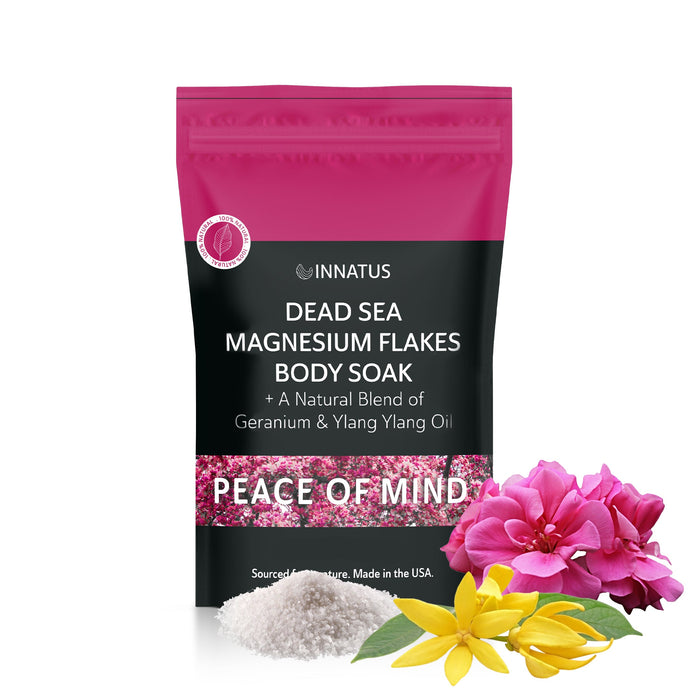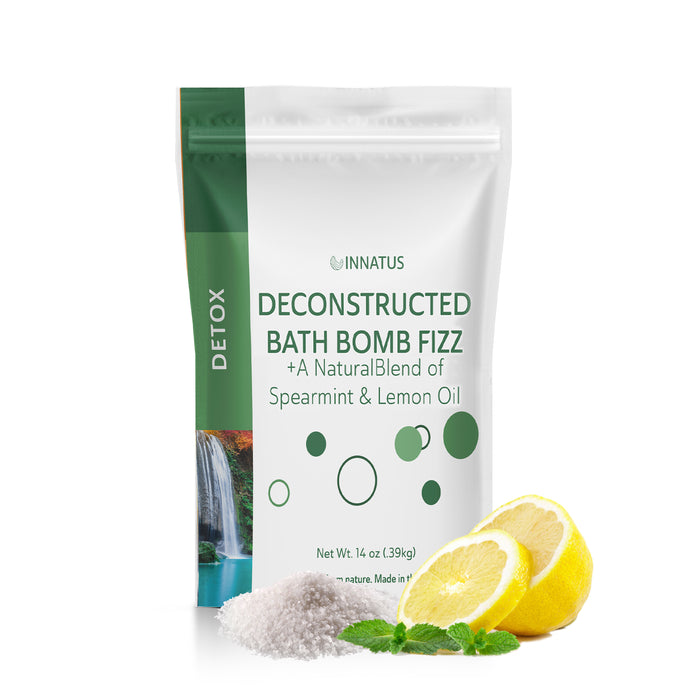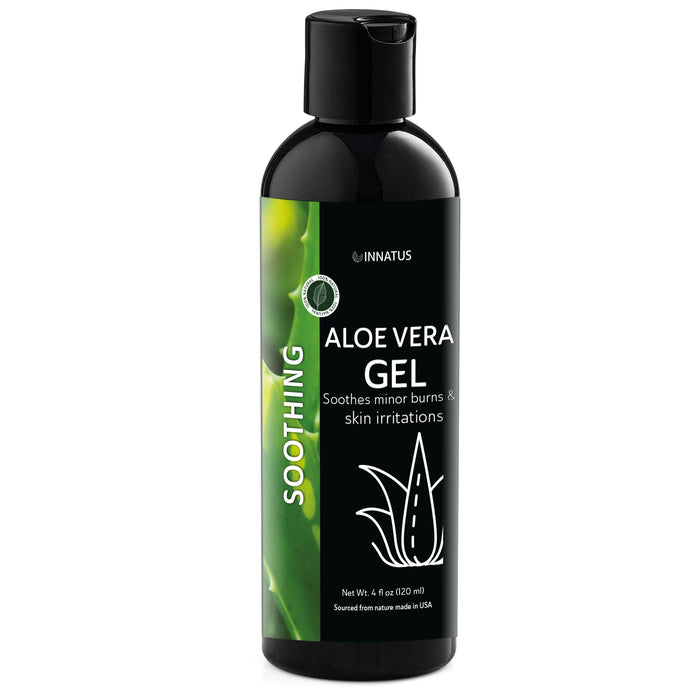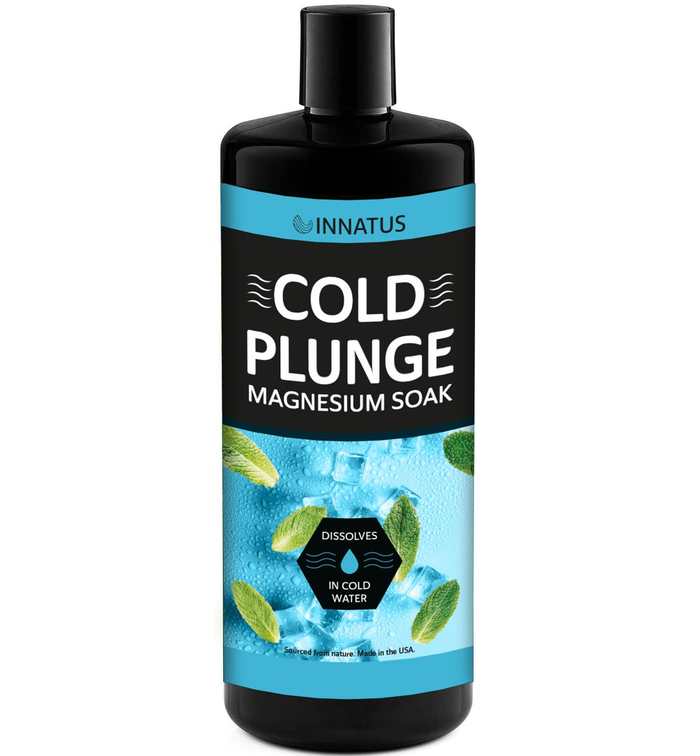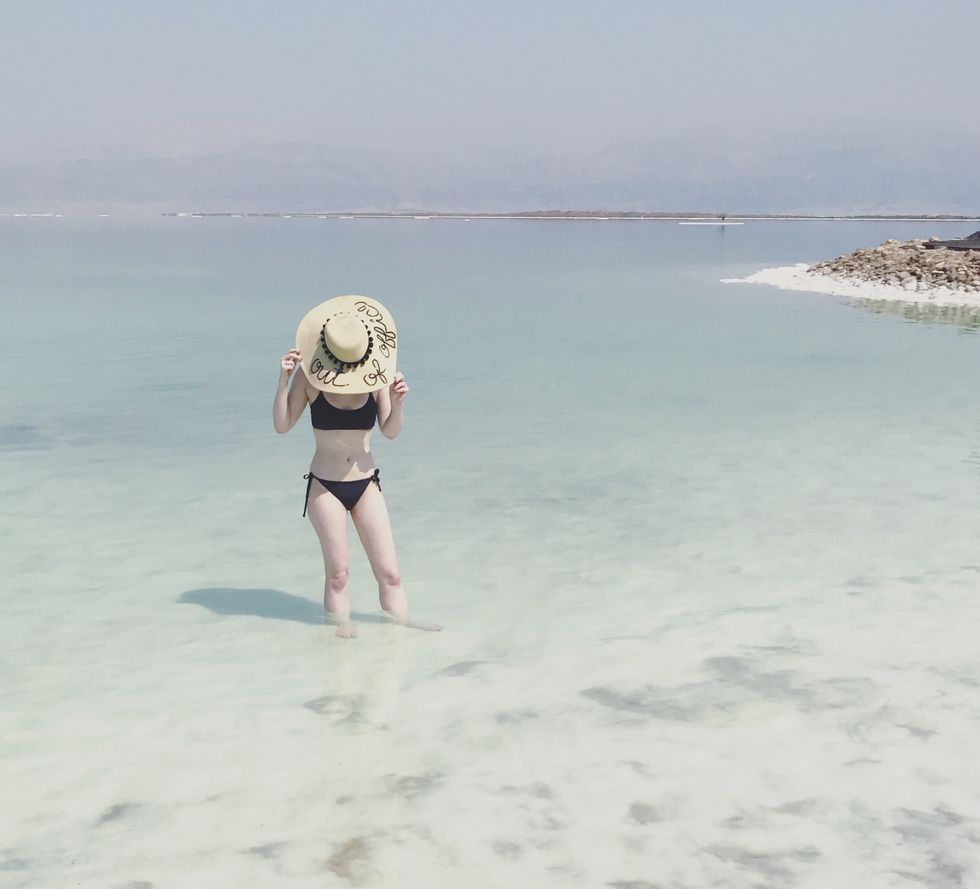

Why the Dead Sea Should Be at the Top of Every Beauty Junkie's Travel List
I'm a native Floridian turned New Yorker who loathes the ocean. I'm not a fan of the sun, ocean critters, or beach life in general, which is why it's odd that the most life-changing, spiritual, and spa-like experience I ever had took place on sandy shores near a body of water. It wasn't at a beach, though—it was at the Dead Sea in Israel.
Because I had heard about the Dead Sea for years—from science class to Hebrew School—I had all sorts of preconceived notions of what the experience would be like. I imagined it would be something like the beaches I grew up attending at home in Fort Lauderdale: crowded, loud, and relaxing only if served with a side of alcohol. I knew I would float in the water due to the high salinity, but that was pretty much all I was certain of. My fiancé, though born and raised in Israel, had only been to the sea once as a small child, so we carved out two days during our week in Israel last August for a romantic getaway at the salty shores.

It didn't occur to me until we actually started the precarious drive down the winding path toward the sea just how low in elevation it really is. At nearly 1,400 feet below sea level, the Dead Sea is the lowest place on Earth—and the drive feels like it. Elevation markers line the two-way street down toward the city of Ein Bokek, and your ears clog and pop along the way. Getting out of the car at the hotel felt a little bit like stepping out onto the surface of Mars. The air, the sun—it all feels different down there.
What I envisioned to be a small stretch of beach crowded with tourists was actually quite a long stretch of golden sand and eerily-still water lined with several hotels; some right on the water, some across the street. We stayed at the Herod's Dead Sea, an unassuming health resort that backs right up to the water (there are even more resorts on the Jordan side). We threw our stuff down in the room quickly, changed into our bathing suits, and walk outside toward the sea.
What struck me immediately was how few people there were out and about. Granted, it was the end of August, and the temperature outside was well over 100 degrees (we were warned by Israeli relatives that it would be brutally hot outside, and that we were insane for going this time of year). With only three or four people visible on the horizon, no signs of animals, and barely any detectable breeze in the air or movement in the water, the Dead Sea is creepy—in a good way. It's what I imagine astronauts must feel like on a space walk: it's profoundly peaceful, awe-inspiring, yet devoid of all life. I loved it.

I walked right up to the water, noticing how the sand turned from golden yellow to white right where the water touched the sand. But it wasn't sand at all—it was crystallized salt deposits, a taste of what's to come. I kicked my flip-flops off at the shore and waded in slowly. The water was so warm that it verged on hot. I kept walking until it reached my torso, and then I leaned back and splashed into the sea. I submerged only for a second before popping back up on the surface, like a human rubber duckie.
Everyone wants to know what the sea, some 9.6-times saltier than the ocean, feels like. I did too, so I asked some seasoned friends before we made the journey. The only advice they had to offer? Don't shave a few days before getting in the water—unless you're a masochist. Forgetting to shave is my specialty, so I thought I was prepared for the level of salt my body was about to experience. I was wrong.
What nobody tells you about going into the Dead Sea is this: every hole in your body, especially the sensitive ones, will sting like hell. But it's a sting worth enduring (power through!) for the results you get on the other side.

The Dead Sea has been an attraction for healing and wellness for thousands of years. That's because the unique mineral composition of the water, mud, and atmospheric pressure have been shown to impove inflammatory conditions like psoirasis, acne, and arthritis. If someone can walk in with psoriasis and walk out healed, imagine what it can do for tired, aging skin that just needs a little boost. Beauty brands like AHAVA have famously been harnessing the power of Dead Sea salts and minerals for years, turning the natural ingredient into a powerhouse anti-aging skin routine (more on that later). Buckets of raw Dead Sea mud lined the shore (you could also buy your own at the hotel gift shop), and the few people that were out enjoying the day with us had slathered themselves in the stuff nearly head-to-toe. I, of course, followed suit.
After spending an hour baking in mud, dipping in the sea, and then relaxing under an umbrella on the sand, we decided to head back inside for a quick snack. I was furiously thirsty (hello, salt), and downed two bottles of water like Popeye with a can of spinach. After showering to get all the salt off my skin and out of my hair, I wiped off the condensation from the bathroom mirror and couldn't believe my reflection. I was glowing like I had just emerged from a five-star spa—and while I felt like I could use a good dose of moisturizer after all that salt—my skin had never looked so clear or even. I was, as the kids say, thoroughly shook. I've tried nearly every facial and skincare product that promises luminous, even skin—nothing compares to a dip in the Dead Sea.

I woke up early the next morning and sprinted back to the water before breakfast. I had to squeeze in as much soaking time before check-out, and I even contemplated emptying out the toiletry bottles to sneak some of the Dead Sea back home with me. My skin had truly never looked better, I had never felt more relaxed or reinvigorated, and I left with a newfound appreciation for the healing powers of Mother Nature. I'm not religious, but floating in that healing, nourishing water was as spiritual as I've ever felt.
Unfortunately, the effects of floating in the Dead Sea only lasted about two days before my jetlagged skin reared its dull and lifeless head. But there wouldn't be an entire industry dedicated to Dead Sea cosmetics if the health and beauty benefits couldn't be taken home with you—at least to a certain extent. In fact, our hotel even had a packet of salt in the bathroom that we could bring back with us for free.
